In a recent YouTube video titled “Vegan Diet is BS” – PrimalPhysique TikTok Response, Mike tackles a TikTok claim by an anti-vegan named PrimalPhysique. PrimalPhysique argues that vegan diets lack critical nutrients like B12, zinc, and iodine, and suggests that chemicals in plant foods are harmful. Mike dives into these assertions with scientific evidence, refuting the idea that these nutrients are unattainable for vegans. He mentions that B12, for instance, can be sourced from supplements and various fortified foods, often leading vegans to have sufficient, if not higher, B12 levels compared to meat-eaters. Check out his deep-dive analysis for more illuminating insights!
In the labyrinthine world of dietary debates, few topics ignite passions quite like the vegan vs. anti-vegan standoff. Enter the YouTube video titled “”Vegan Diet is BS” – PrimalPhysique TikTok Response.” In this compelling analysis, Mike from the channel takes a deep dive into the fiery claims made by a TikTok influencer known as PrimalPhysique. As a self-proclaimed anti-vegan, PrimalPhysique unleashes a barrage of arguments against the vegan lifestyle, touching on nutrient deficiencies, the presence of toxins in plant foods, and the supposed collapse of vegan health regimens.
Armed with a neutral tone and a critical eye, Mike sets out to dissect these assertions one by one. He doesn’t just counter PrimalPhysique’s points with passion but with an arsenal of scientific evidence, demystifying common misconceptions and shining a light on overlooked facts. The video promises a thorough exploration of contentious topics like nutrient sources—think B12, zinc, and iodine—and brings to the fore the often-misunderstood world of plant-based nutrition.
For those navigating the complexities of veganism amid a sea of misinformation, Mike’s video is a beacon of clarity. Whether you’re a staunch vegan, a curious omnivore, or somewhere in between, strap in for a balanced and evidence-based journey through one of today’s most polarizing dietary discussions.
Addressing Nutrient Deficiencies: The Truth Behind Vegan Diet Myths
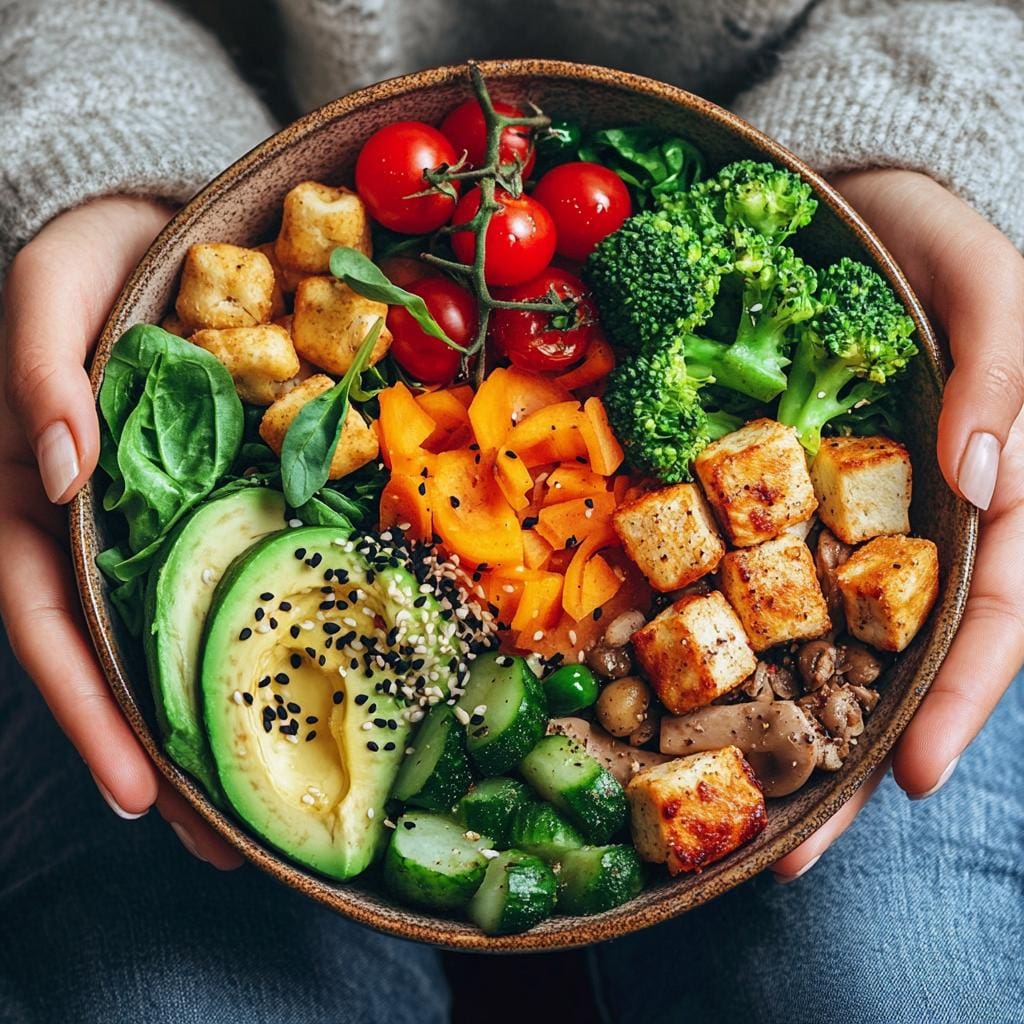
PrimalPhysique’s TikTok claims that vegans can’t obtain key nutrients like Vitamin B12, zinc, and iodine from their diet. Let’s break down these misconceptions:
- Vitamin B12: While it’s true that Vitamin B12 primarily comes from bacteria and is often found in animal products, this doesn’t mean vegans can’t get it. Fortified foods and supplements provide a fully bioavailable source of B12. Interestingly, studies indicate that vegans often have slightly higher B12 levels than meat-eaters, thanks to these fortified products.
- Zinc: This essential mineral is present in various plant foods such as legumes, seeds, and nuts. A well-planned vegan diet can easily meet the recommended zinc intake, especially when paired with proper food preparation methods like soaking and sprouting, which enhance mineral absorption.
- Iodine: Sea vegetables, such as seaweed, are excellent natural sources of iodine. Additionally, iodized salt is a simple and effective way for vegans to ensure they’re receiving adequate iodine levels.
| Nutrient | Vegan Sources |
|---|---|
| Vitamin B12 | Fortified foods, supplements |
| Zinc | Legumes, seeds, nuts |
| Iodine | Seaweed, iodized salt |
By thoughtfully incorporating these sources into their diet, vegans can readily meet their nutritional needs without compromising their principles or health.
Debunking the Plant-Based Toxins and Chemicals Argument
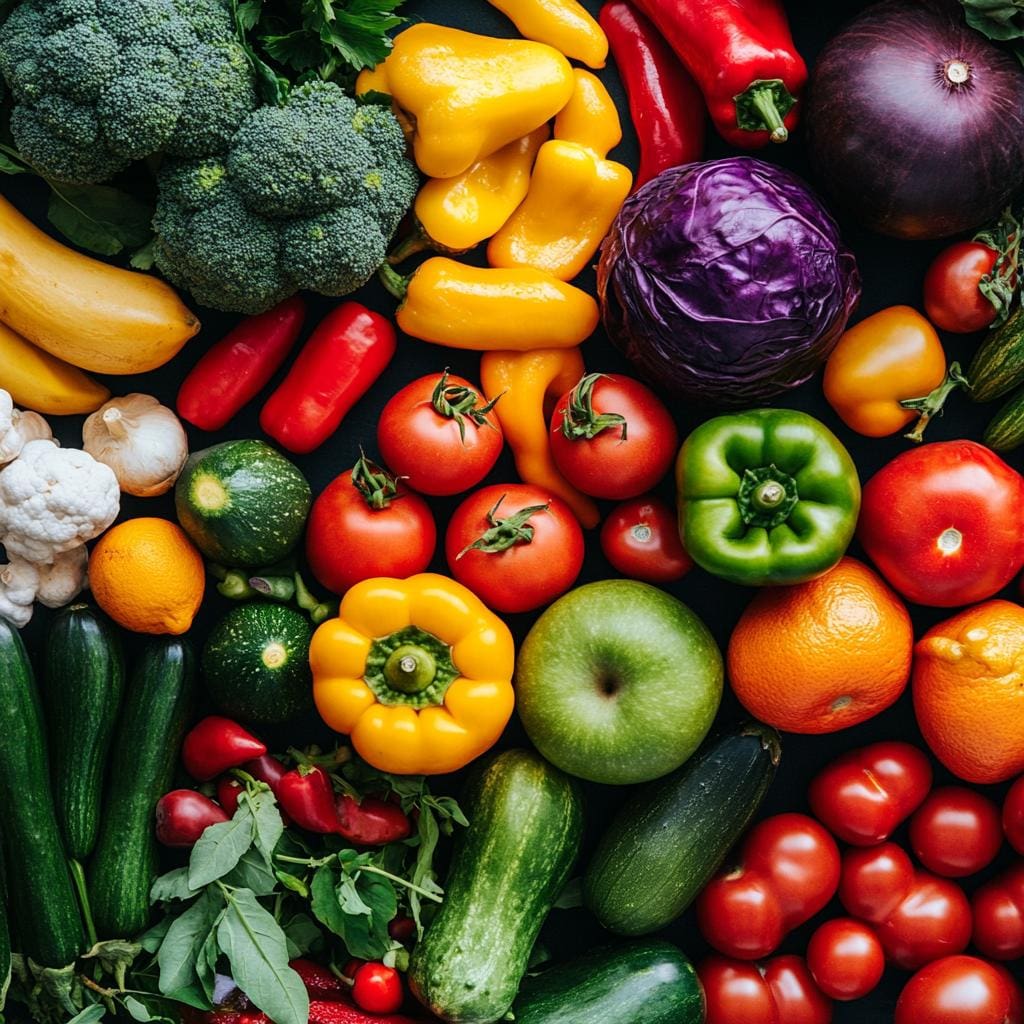
One of the recurring arguments made by PrimalPhysique revolves around the idea that plant-based diets are riddled with toxins and chemicals that can be harmful. **This claim is not only misleading but also lacks a scientific basis.** Let’s unpack this.
First, it’s important to understand that all foods, whether plant-based or animal-based, contain certain naturally occurring chemicals and compounds. **The key is understanding their impact on health:**
- Phytonutrients: Found in plants, they offer protective benefits against various diseases.
- Oxalates & Phytates: Often labeled as “anti-nutrients,” these compounds in plants have roles in health, including benefits to kidney health.
| Toxin/Chemical | Source | Health Impact |
|---|---|---|
| Oxalates | Spinach, Beets | Can bind with calcium but generally safe in moderation |
| Phytates | Seeds, Grains | Associated with mineral absorption but also offer antioxidant benefits |
It’s crucial to approach such claims with a nuanced perspective. **Plant-based diets are abundant in compounds that provide essential nutrients and health benefits**, while the so-called “toxins” often serve beneficial roles too.
Why Vegans Thrive: Examining Claims of Health Failures
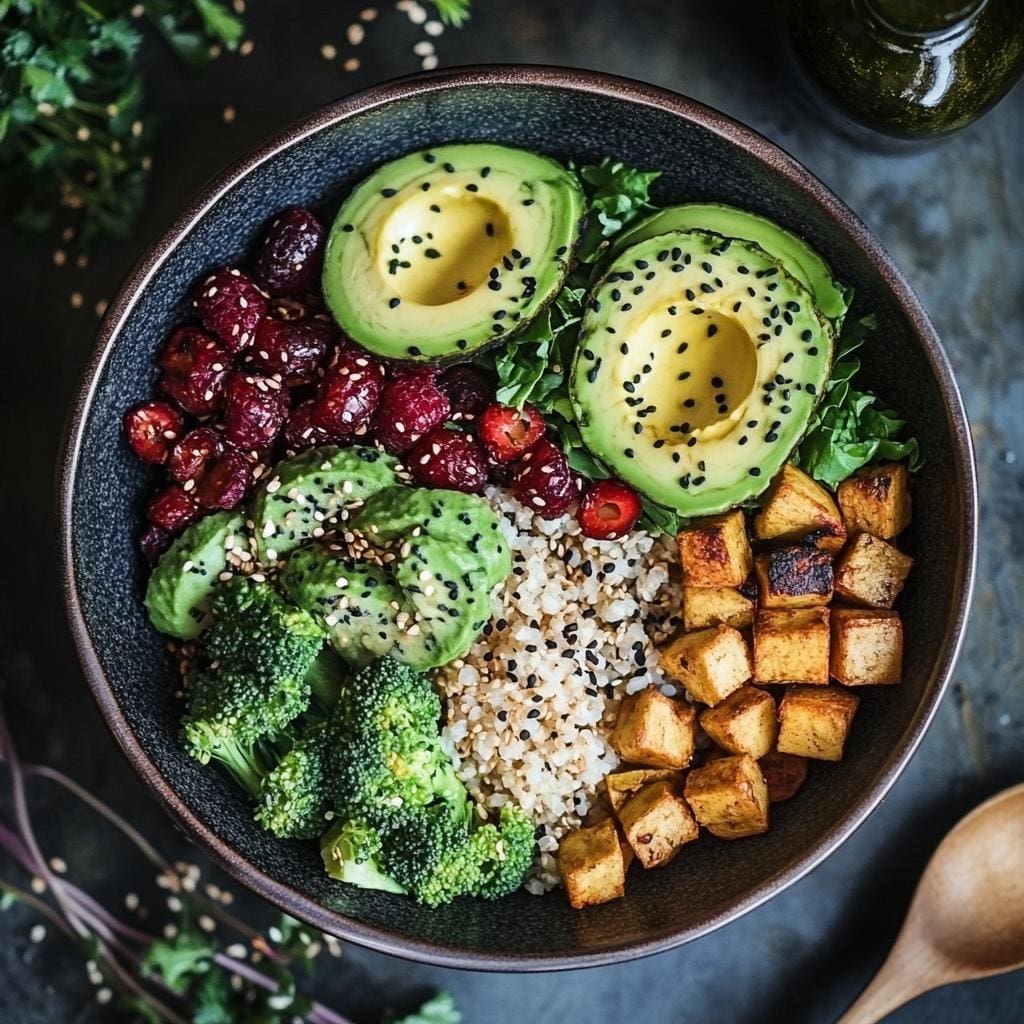
PrimalPhysique’s TikTok rants against veganism, suggesting that certain nutrients are unattainable on a vegan diet, lack scientific backing. Let’s address some of his nutrient-related claims:
- Vitamin B12:
- B12 is actually produced by bacteria, found in both animal sources and supplements. It is entirely possible and common for vegans to obtain B12 via supplements or fortified foods.
- Research indicates that vegans tend to maintain healthy B12 levels, with some evidence, like the study from Germany, suggesting they even have slightly higher levels than meat-eaters.
There are also plant-based sources of B12, such as duckweed and certain fermented foods. The reliability varies, but fortification and supplements ensure adequate intake for vegans.
| Nutrient | Vegan Source | Notes |
|---|---|---|
| Vitamin B12 | Supplements, Fortified Foods | Produced by bacteria; reliable from fortified sources. |
| Duckweed | Plant-Based B12 Source | Emerging, promising source. |
Understanding B12: The Real Scoop on Vegan Sources
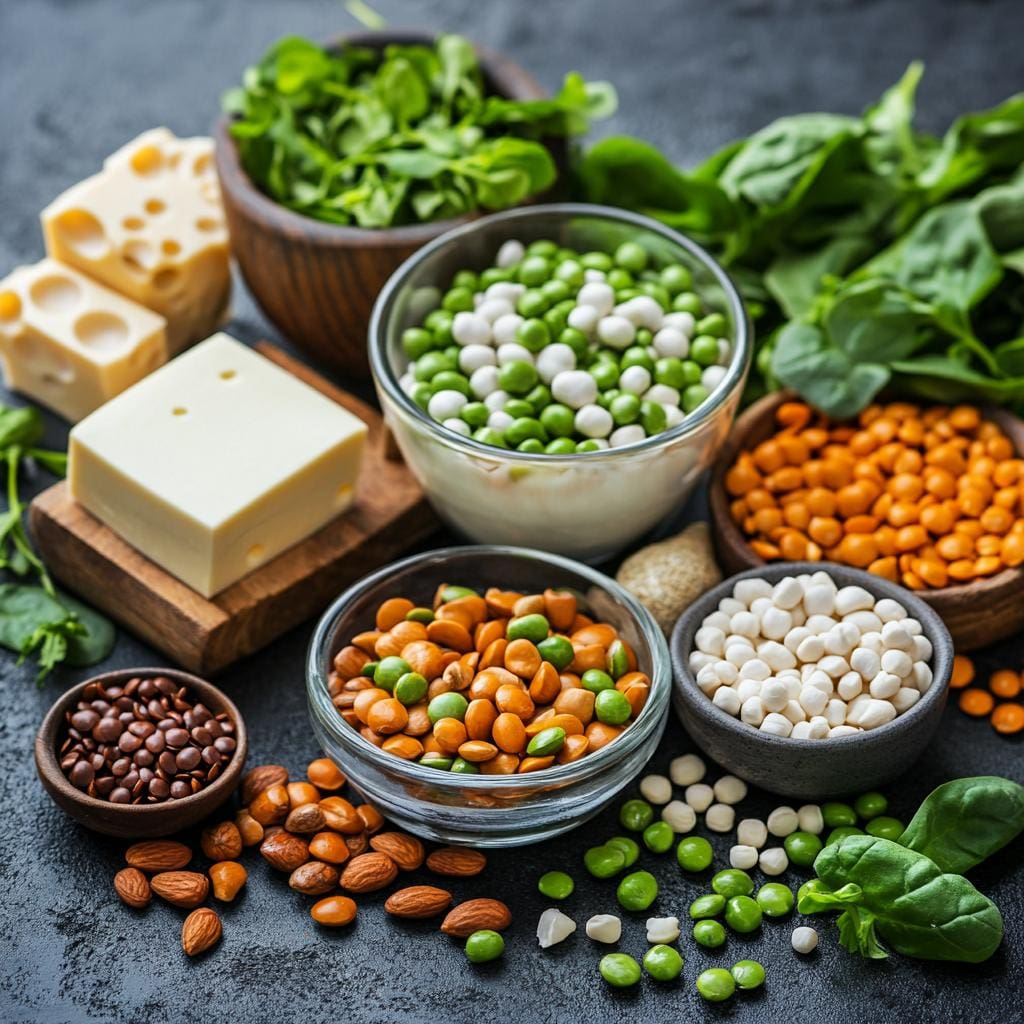
B12 is often a point of contention in discussions around vegan diets, and it’s true that without proper planning, it can be a challenging nutrient to obtain. However, the claim that vegans can’t get B12 is wildly inaccurate. **Vitamin B12 actually comes from bacteria** that live in the soil and water, not from animals themselves. Animals are merely a vehicle for these bacteria. So whether you’re getting your B12 from a supplement or fortified foods, it’s still originating from the same bacterial sources.
Furthermore, there are specific plant-based sources of B12 that have been identified. Here’s a quick look:
| Source | Details |
|---|---|
| **Duckweed** | Now recognized for its bioavailable B12 content. |
| **Fermented Foods** | Traditional preparations can introduce B12-producing bacteria. |
| **Fortified Foods** | Reliable and widely available in many grocery stores. |
Studies are showing that vegans can even have slightly higher B12 levels compared to meat-eaters when relying on fortified foods and supplements—**strategies that are both effective and accessible**.
The Importance of Fortified Foods and Supplements in a Vegan Diet
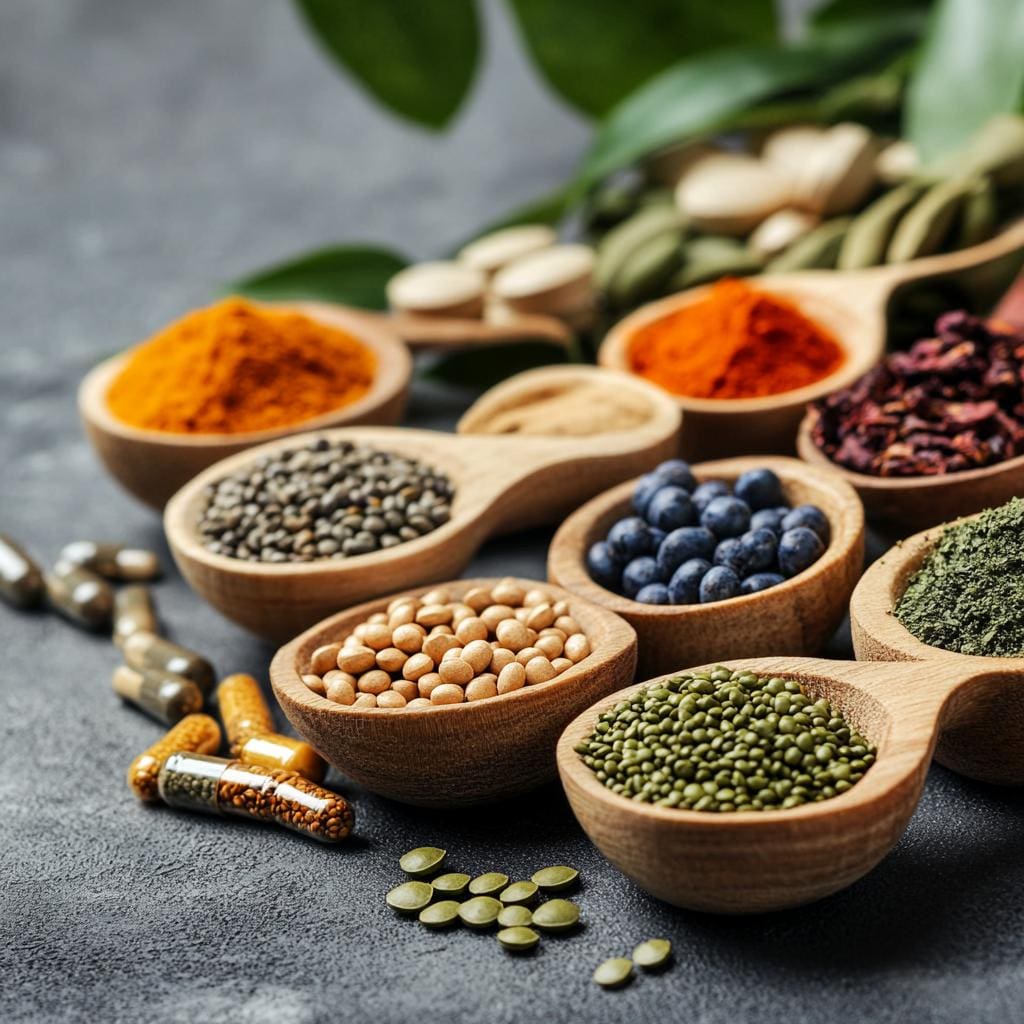
Fortified foods and supplements play an integral role in ensuring a balanced and nutritionally complete vegan diet. Although some claim that nutrients such as **Vitamin B12, zinc, and iodine** are unattainable in a vegan regimen, science tells a different story. While it’s true that B12 is primarily derived from bacteria and isn’t naturally found in plants, including fortified foods and supplements in your diet can easily bridge this gap. In fact, some studies indicate that vegans often have higher B12 levels than meat-eaters thanks to these reliable sources.
Let’s take a closer look at essential nutrients and where vegans can get them:
- Vitamin B12: Found in supplements, fortified cereals, and nutritional yeast.
- Zinc: Present in seeds, nuts, and legumes.
- Iodine: Obtained through iodized salt and sea vegetables like seaweed.
| Nutrient | Source |
|---|---|
| Vitamin B12 | Fortified cereals, supplements |
| Zinc | Pumpkin seeds, chickpeas |
| Iodine | Iodized salt, seaweed |
Concluding Remarks
navigating the world of diet and nutrition can often feel like wading through a thicket of opinions and pseudo-science. PrimalPhysique’s TikTok claims about the inefficacies of a vegan diet sparked a necessary response from Mike, who not only debunked the myths concerning nutrient deficiencies but also provided factual clarity on how vegans can thrive. Through a thorough examination of nutrients like B12, Mike illustrated that with the right knowledge and resources, a vegan diet is not only viable but can be profoundly beneficial.
It’s always essential to rely on scientific evidence rather than sensationalist claims, and Mike’s balanced rebuttal is a testament to that principle. Whether you are a committed vegan, a curious onlooker, or a skeptical critic, understanding the full spectrum of nutritional science can help us make more informed dietary choices. So, the next time you come across a bold claim on social media, remember to dig deeper and seek out reputable sources.
And here’s a little nudge—do check out Ryan from Happy Healthy Vegan, as recommended by Mike. Engaging with diverse perspectives can only enrich our understanding. Until next time, keep questioning, keep learning, and keep thriving.



